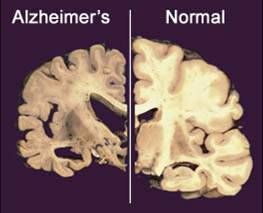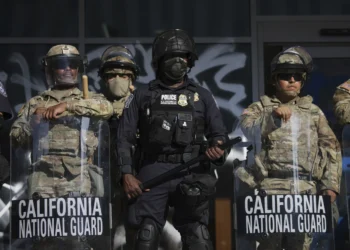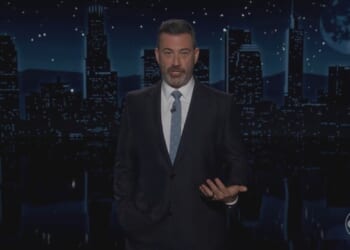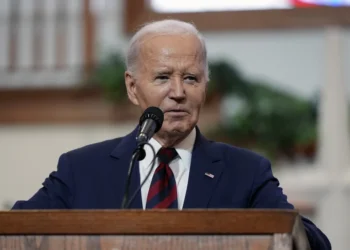Secretary of State Marco Rubio called senior officials from India and Pakistan, looking to mediate between the two following a terrorist attack in Kashmir that India blamed on its northwestern neighbor.
Rubio spoke over the phone with Pakistani Prime Minister Shehbaz Sharif and Indian Foreign Minister Subrahmanyam Jaishankar, urging both to ease tensions and pursue a path to peace, according to State Department spokeswoman Tammy Bruce.
In his call with Jaishankar, Rubio “reaffirmed the United States’s commitment to cooperation with India against terrorism” but encouraged India to “deescalate tensions and maintain peace and security” with Pakistan.
Rubio also said the “perpetrators, backers and planners” of the April 22 Pahalgam shooting “must be brought to justice.”
In his call with Sharif, Rubio stressed the “need to condemn the terror attack” and co-operate with New Delhi in “investigating this unconscionable attack.”
“Rubio also encouraged Pakistan to work with India to deescalate tensions, reestablish direct communications, and maintain peace and security in South Asia,” according to a State Department statement.
According to a Pakistani statement, Rubio “emphasized the need for both sides to continue working together for peace and stability in South Asia,” while Sharif rejected the Indian allegations and “urged the U.S. to impress upon India to dial down the rhetoric and act responsibly.”
After the Wednesday calls, Defense Secretary Pete Hegseth called his Indian counterpart, Rajnath Singh, on Thursday, offering his condolences and “strong support.”
An Indian readout was much less diplomatic. According to the release, Singh “told the U.S. Secretary of Defense that Pakistan has a history of supporting, training, and funding terrorist organizations. Pakistan has been exposed as a rogue state, fueling global terrorism and destabilizing the region. The world can no longer turn a blind eye to terrorism.”
The diplomatic overtures from the Trump administration come in stark contrast to the president’s dismissive initial reaction to the crisis, when he claimed India and Pakistan had been fighting over the region for over 1,000 years.
“Kashmir has been going on for a thousand years, probably longer than that. That was a bad one (terrorist attack). There have been tensions on that border for 1,500 years. It’s been the same, but I am sure they’ll figure it out one way or the other. I know both leaders. There’s great tension between Pakistan and India, but there always has been,” he told reporters.
The moves by Rubio and Hegseth indicate the growing seriousness of the crisis, which has brought the two nuclear-armed states to the brink of war.
INDIA HAS BLAMED PAKISTAN FOR THE TERRORIST ATTACK IN KASHMIR. WHAT YOU NEED TO KNOW
The long-simmering conflict in Kashmir, India, blew up last week when Islamic Kashmir separatists killed 26 tourists and injured over a dozen others. Indian authorities claimed that two of the militants were Pakistani, a charge Pakistani officials deny. New Delhi and Islamabad have since taken escalatory measures against each other.
The simmering conflict over Kashmir has played a central role in sparking the long-lasting rivalry between Pakistan and India since its independence in 1947. The two have fought wars over the region in 1965 and 1999, and there have been several skirmishes or wider conflicts involving the region. The 1999 Kargil War remains the only major war directly fought between two nuclear-armed states.

















